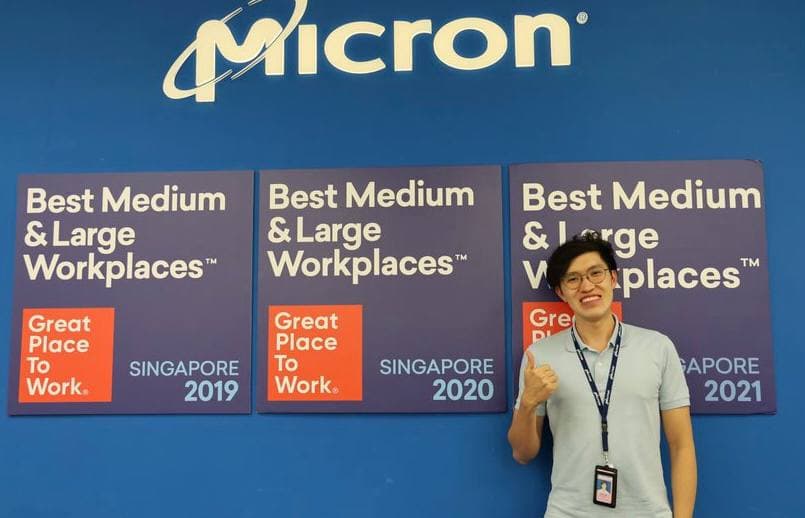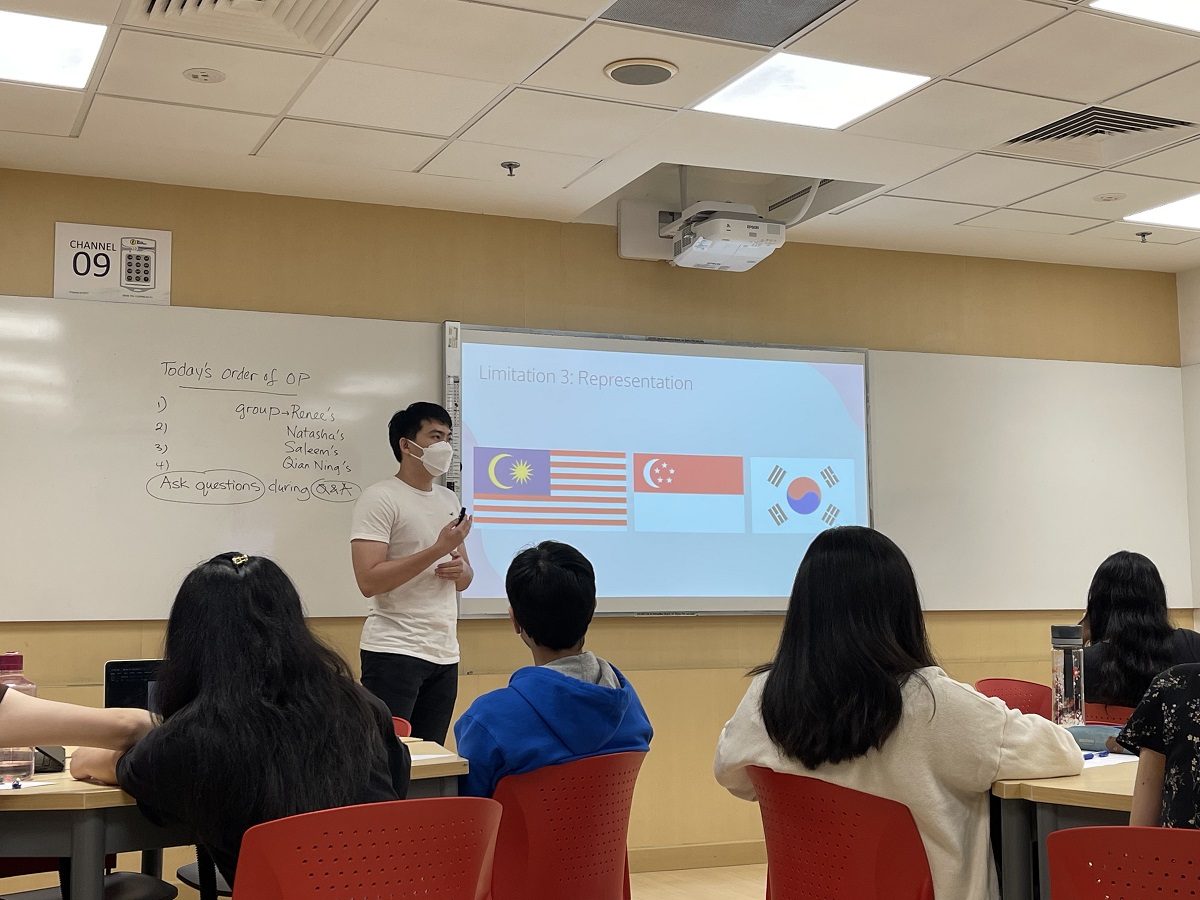Having it all
NTU’s Work Study Degree programme allows students to work and study at the same time with immersive work experiences ranging from seven to 20 weeks
It may seem like one always has to choose between school or career, unless it is a part-time or short-stint course, but with the Work Study Degree programme (WSDeg), students can have the best of all worlds. “Someone who has gone on this programme
will have an edge over their peers because it’s almost like they have worked in the company for years,” Sabrina Chew, Assistant Director, Work-Integrated Education, Career & Attachment Office, Student & Academic Services Department
at NTU shares.
The NTU WSDeg programme allows participants to – literally – work and study at the same time. But unlike ad hoc internships, or part-time jobs, learning and growth outcomes are structured, and aligned with the schools. Immersive work experiences range from seven to 20 weeks at a time, and students are attached to one or two companies from their second to final year, where they do their capstone project under the guidance of a company-appointed lead.
Plus, they do not just earn academic credits from their industry engagements, they also get extensive opportunities from the companies they worked with.
‘I had a chance to learn and network with people in the industry as well as to apply and deepen my knowledge in the memory chips fabrication process. I could better appreciate how the work was done.” said Final year student Ng Yong Jin
explains. “I get first-hand experience, so I feel that I’m optimising my time in the university through industry exposure.” added Yong Jin.

Credit: Ng Yong Jin
And it is not just that. As WSDeg programme participants are with the company for a much longer period, they are able to build on their previous experiences and pick up where they had left off previously.
“The first round of engagement with the company focused on training while the second session was more hands-on, so I get to apply what I’ve learnt,” Final Year student Lee Jian Hui explains.
It does mean a willingness to commit, since it is not a short-term one-off commitment. “You need to be serious about your career,” Sabrina says. “Go for it if you are very certain that this is where you want to go,” Yong Jin agrees,
“But if you want more flexibility, it may not be for you.”
The rewards can be invaluable. “I feel like an employee and have become more confident now.” shares Year 3 student Zheng Yushu, who is currently with Shimadzu. Yushu’s supervisors had encouraged her throughout and empowered her to see her final year project through from start to finish, from managing the project to contacting suppliers for the materials she required – skills which she may not have picked up at this stage otherwise.
“Imagine yourself as a sponge that absorbs all the knowledge during the internship!” she enthuses. “The advice and guidance that my supervisor provided definitely gave me a deeper insight and knowledge into this industry.”

Credit: Zheng Yushu
Jian Hui agrees. “My mentors have been very willing to guide me, and because they’re practitioners, it helps me be more industry-ready.”
It could certainly be a springboard to bigger and better things. Jian Hui is looking forward to a potential stint at Sumitomo Seika’s Japanese HQ, while Yong Jin has landed a scholarship at Micron, the company he is attached to.
Beyond these, another key takeaway is a life lesson. “Be daring and don’t be afraid to make mistakes!” Yushu advises.

Credit: Lee Jian Hui
Related stories
Learning for the real world
Actuarial Science student Yim Chieh Ying gives a first-hand account of the benefits of the Work-Study Programme.
Finding solutions to real world problems
Immersed in research since year 1, CN Yang Scholar Muhammad Hasif finds working in real research laboratories an eye-opening experience.














/enri-thumbnails/careeropportunities1f0caf1c-a12d-479c-be7c-3c04e085c617.tmb-mega-menu.jpg?Culture=en&sfvrsn=d7261e3b_1)

/cradle-thumbnails/research-capabilities1516d0ba63aa44f0b4ee77a8c05263b2.tmb-mega-menu.jpg?Culture=en&sfvrsn=1bc94f8_1)

7e6fdc03-9018-4d08-9a98-8a21acbc37ba.tmb-mega-menu.jpg?Culture=en&sfvrsn=7deaf618_1)
